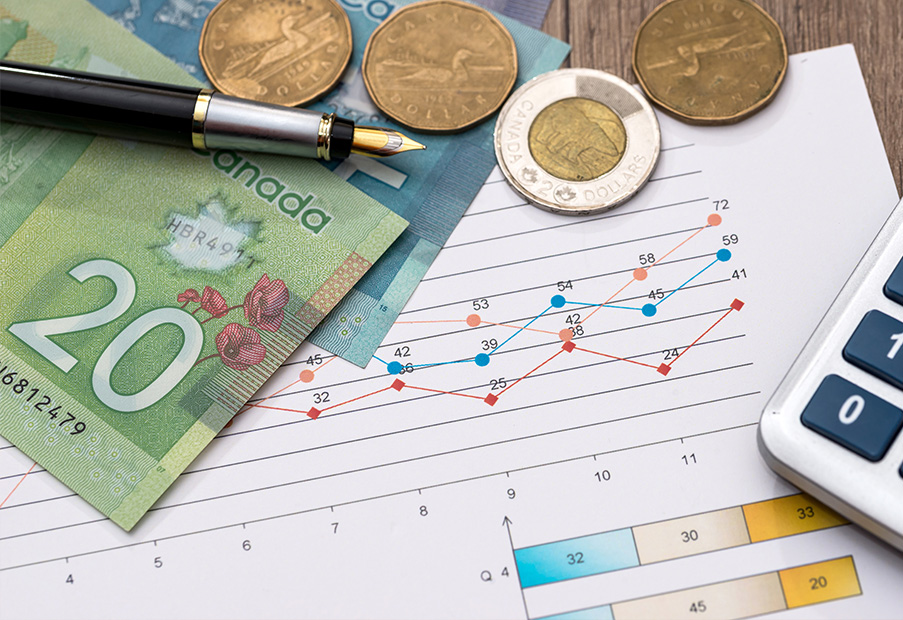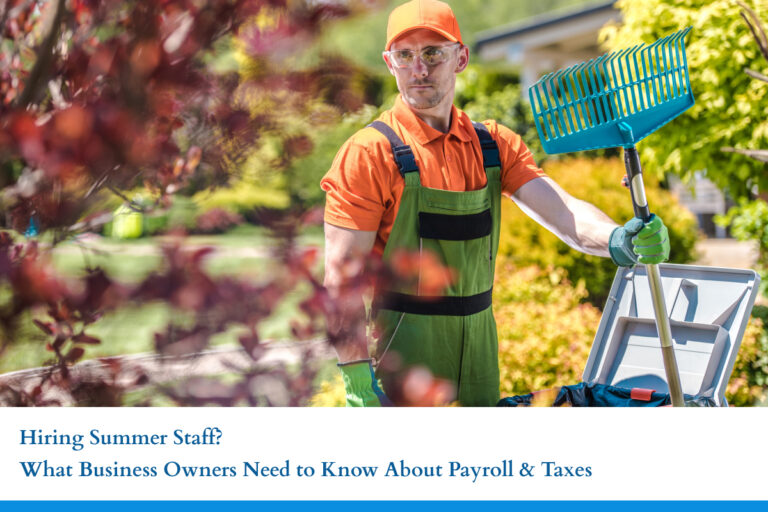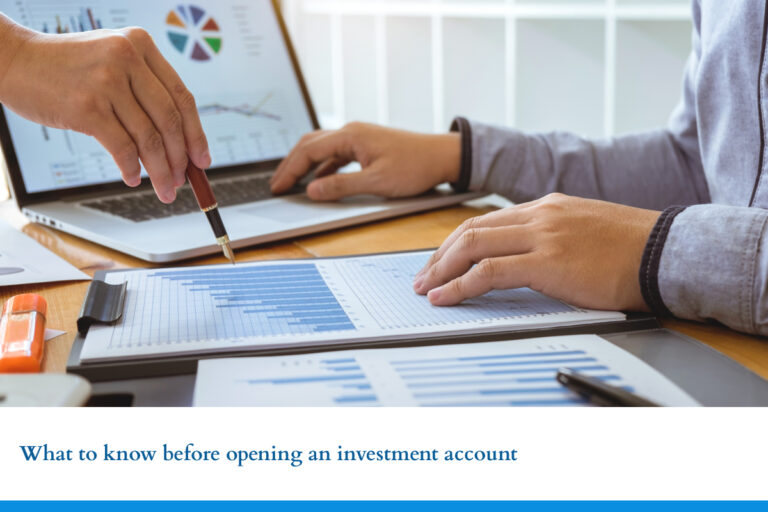It’s springtime in the city, and that means April showers. It’s the perfect reminder that you need to be saving up for the inevitable rainy day, and no, we don’t mean by buying new umbrellas.
It’s essential to have an emergency fund so that you’re prepared to cover unexpected expenses or financial setbacks that may arise. Today’s uncertain times mean that everyone can benefit from setting aside some savings, but it’s especially important if you are at a higher risk of financial volatility.
What puts you at a higher risk? If you have an unstable or unpredictable income, an emergency fund can help you cover your expenses during periods of low or no income. This may include people who work seasonally or as freelancers, or those in an industry that’s prone to layoffs.
Even stable job environments can face upheaval. You’ll appreciate having extra funds available if you suddenly lose your job or experience a significant reduction in income. That way, your living expenses will be covered while you look for a new place of employment.
Do you have people who count on you to provide for them? Anyone with dependents, including children or elderly parents, should be prepared to meet their financial obligations at all times, meaning an emergency fund is necessary. You’ll want to ensure you’re always prepared to cover unexpected expenses like medical bills, supplies, or repairs.
If you’re a homeowner, then you probably already know that unexpected expenses like repairs and maintenance are the norm. Set aside an emergency fund so you’ll be able to foot these bills without taking out a loan or using a credit card.
Chronic conditions that require frequent medical care may mean you face higher than average medical expenses. If this applies to you, an emergency fund can help you cover unexpected bills when you need to.
You never know when you’ll have to travel unexpectedly for something like a family emergency. Padding your savings with an emergency fund will help you cover these costs.And no matter how hard you try, you likely won’t be able to anticipate every eventuality in which you’ll need to have some emergency cash available. Whether it’s a pet emergency, a broken down car, or a necessary home repair, you’ll be thankful you put aside some funds so you’re prepared.
How to get started
Now that we’ve convinced you that you need one, how do you go about creating an emergency fund? We understand it can feel like a daunting task, but with a few strategies in place, it can be achieved. Here’s our advice to help you save for a rainy day:
• Set a goal. A good rule of thumb is to save at least three to six months’ worth of expenses. You should be able to cover all of your expenses for this long without resorting to credit cards or loans. To figure your target goal, add up your monthly expenses, including rent/mortgage, utilities, groceries, transportation, and any other essentials, then multiply this amount by three or six.
• Create a budget. This can help you identify areas where you can cut back on expenses, allowing you to allocate a certain amount of money each month towards your emergency fund. Make sure your budget is realistic, which will help you stick to it.
• Automate your savings. By setting up automatic transfers, you’ll be able to save consistently without having to think about it.
• Reduce debt. Pay off any high-interest debts first, such as credit card balances. This will free up more money to put towards your emergency fund.
• Look for extra income opportunities. You might be able to pick up a side hustle or sell items you no longer need. This extra income can boost your emergency fund.
• Make it a priority. Your emergency fund should be set aside solely for emergencies. Avoid the temptation to dip into it for other unnecessary expenses.
• Celebrate your milestones. Every time you reach a goal, make it special. You’ll be more likely to stay motivated and stick to your savings plan.
Where to find help
If you’re worried about figuring out how to create an emergency fund, or where to invest the money when you do, an accountant can provide invaluable guidance and advice. At MMT Chartered Professional Accountants, we can help you develop a plan to feel secure in your finances even when you’re faced with the unexpected.
Book a consultation and find out how we can devise a strategy to create a budget, automate your savings, and improve your tax planning to help you save more money that can be put towards your emergency fund.
We can also offer investment advice so that your money will be invested in a way that helps it grow while still maintaining accessibility. This can help you earn more interest on your savings, which means you’ll reach your financial goals faster and feel more secure.
If you’re looking to build an emergency fund or want to navigate whether to keep it in a high-yield savings account, in cash, or in a money market, talk to an experienced accountant who can advise you on what’s best given your individual circumstances.
This spring, we’re happy to say goodbye to snow and hello to rain, but we also want to make sure that all of our clients are ready for an inevitable financial rainy day. Don’t wait until it’s too late – together, we’ll make sure you’re prepared.





